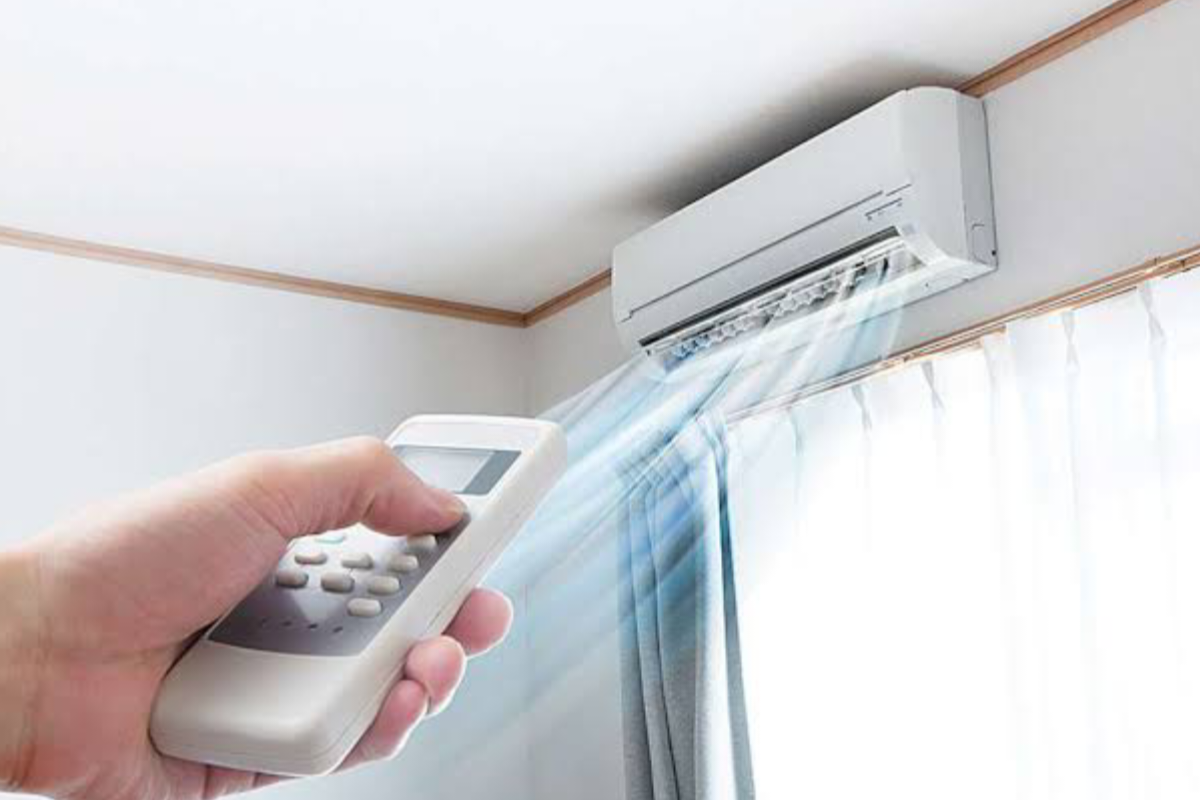Monsoon AC Tips: These days, when the weather shifts from intense heat and clouds to cloudy skies and heavy rain, a lot of customers worry about how to maintain their air conditioners. While air conditioners are essential during the rainy season to remove moisture from the air, they can be hard to maintain during the monsoon. If you’re also concerned about maintaining your air conditioner, these tips can help like cleaning your AC filters; keeping the outside unit clean; unclogging the drainpipe; and maintaining the ideal temperature for your air conditioner.
Maintaining temperature
Inadequate temperature settings for your air conditioner do more harm than good. Furthermore, it’s probably hotter outside than it appears to be. In order to chill your space and avoid straining the appliance, it is best to double-check the real feel on your weather app and adjust the AC temperature to the ideal setting.
Checking air filter
Your air conditioner’s filters are a prime location for allergies to grow. Furthermore, filters can also collect dirt if you live in a dusty environment, which can occasionally lead to clogging. You may further enhance the air circulation in your room by lightly brushing them and carefully eliminating any dust. For added hygienic measures and extended cleaning, you may also take an additional step and give them a moist cloth wipedown.
Checking outside unit
Whether you have a split air conditioner or a window air conditioner, it’s crucial to occasionally check on the outside unit of your equipment. After the monsoon, you may help your air conditioner operate more efficiently by wiping and cleaning the condenser coils of any dirt.
Monsoon AC Tips: This part can be damaged by the rain
Your air conditioner’s drainage pipe is a crucial part that eliminates extra moisture from the air. But rain that falls heavily might cause damage as well since it can pool inside this pipe and perhaps leak into the unit. It might also be the home of mud and sludge that clogs it and encourages the growth of mould inside the device.
Keep watching our YouTube Channel ‘DNP INDIA’. Also, please subscribe and follow us on FACEBOOK, INSTAGRAM, and TWITTER












